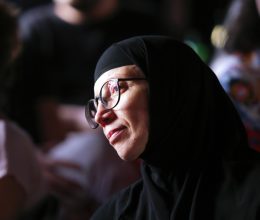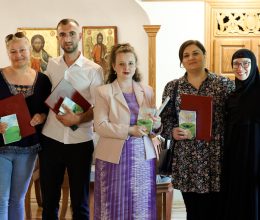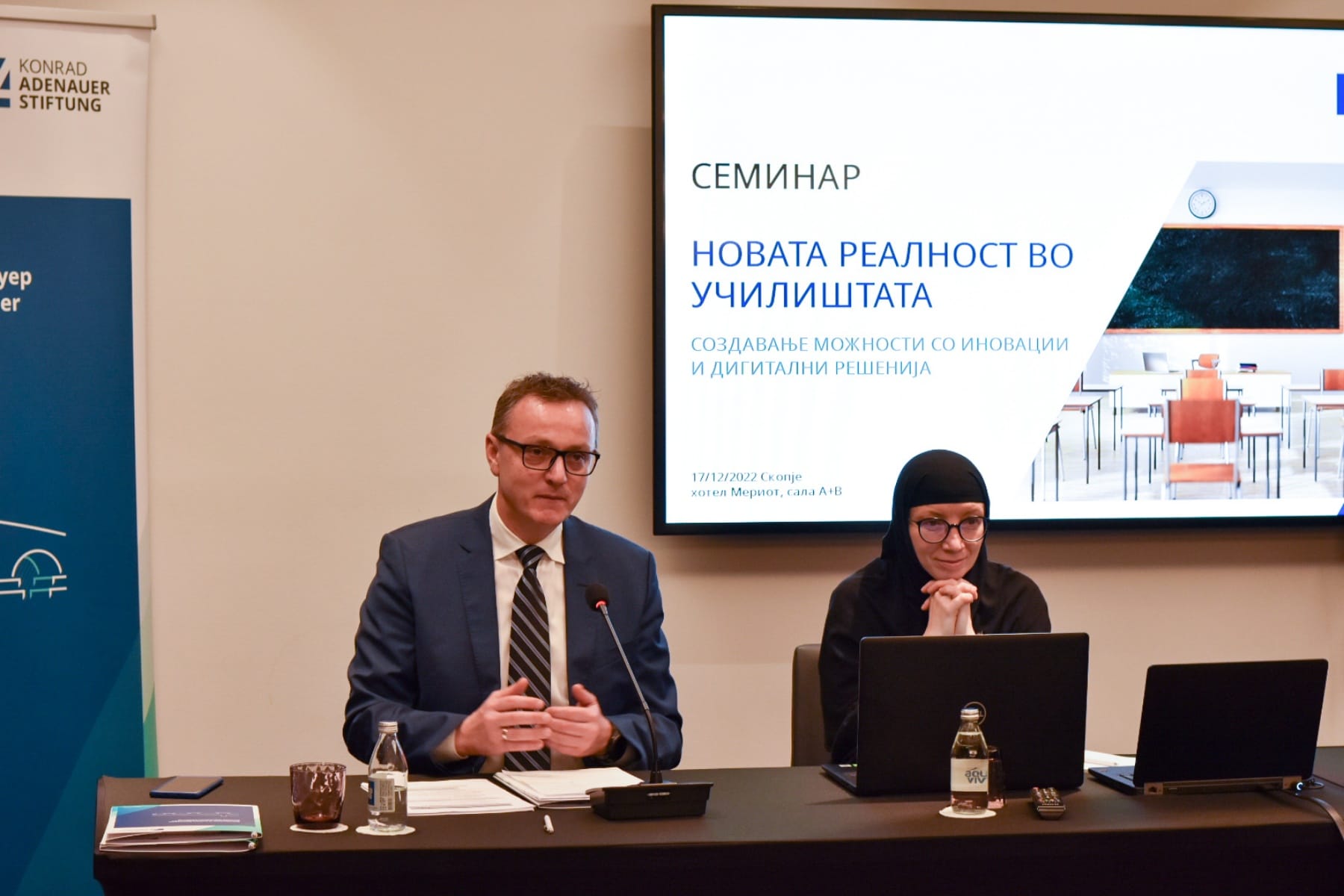
Organized by the Konrad Adenauer Foundation, in close collaboration with the Association of Professors of Ethics in Religions, a Panel Discussion was held on the theme: “The New Reality in Schools – Creating Opportunities through Innovation and Digital Solutions.” The discussion saw a significant presence of Orthodox and Islamic theologians, professors who teach this elective subject in schools across our country. The project, initiated by the Konrad Adenauer Foundation, aimed to reintroduce into public discourse the question of the need and benefits of religious education in primary schools of the Republic of North Macedonia. As co-founder and coordinator of the Association, Sister Ephimia, explained, the increasing challenge is to ensure that this subject remains part of the curriculum in the country’s schools.
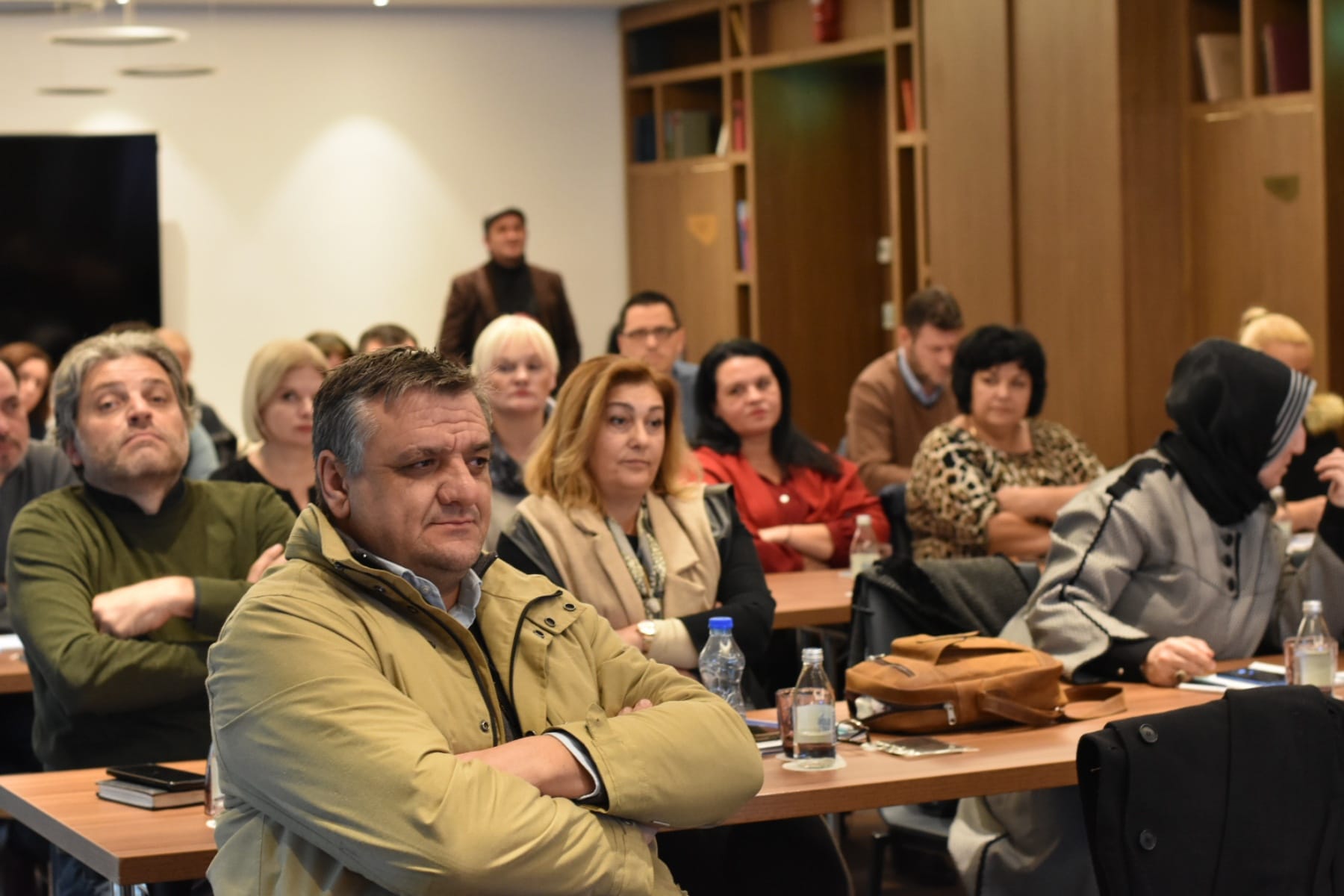
“It is of particular importance to us that such a public discussion is once again being opened regarding the significance and preservation of the subject Ethics in Religions within the Macedonian educational system, in terms of its institutional recognition and protection amidst what has recently become popular here as the Basic Education Concept,” she said in her address.
Participants in the panel discussion included the Director of the Commission for Relations with Religious Communities and Religious Groups, Mr. Darijan Sotirovski, the esteemed professor from the Faculty of Law “Justinian I”, Dr. Aleksandar Spasenovski, the President of the Association of Professors of Ethics in Religions, Fr. Boban Mitevski, as well as the Director of Education at PEGASUS ELS, Mr. Perica Sardzhoski, who offered new digital solutions aimed at increasing interaction and improving teaching methods for professors of Ethics in Religions.
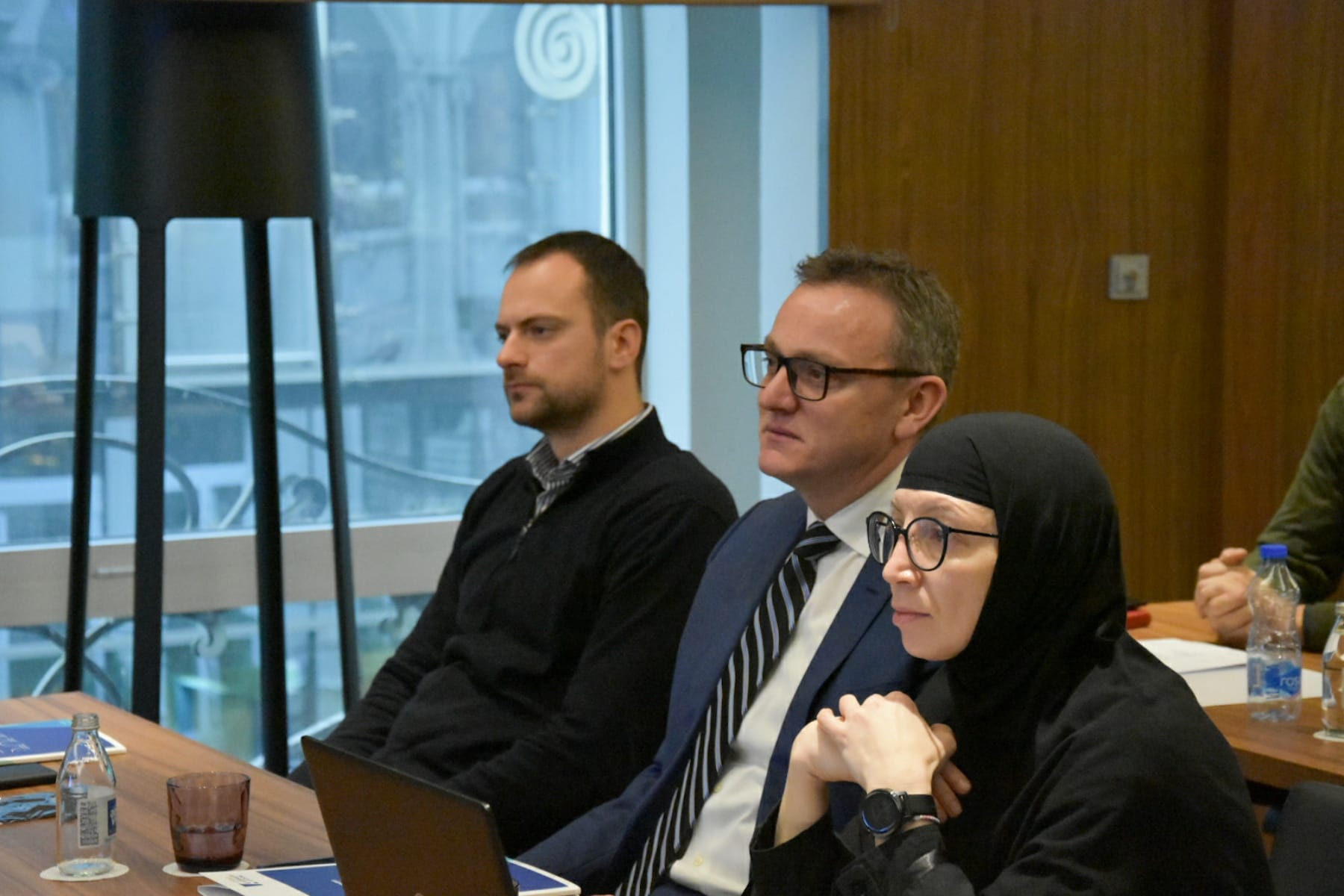
Mr. Darijan Sotirovski: “This event is truly a positive opportunity to remind everyone of the significance that the subject Ethics in Religions has had thus far in the state’s educational system, as well as to highlight our points on why we believe its status needs to be both protected and enhanced. As a society, we face evident challenges in various segments, especially during the formative period of young people’s character development, where it is crucial to overcome and prevent these challenges. It is essential that this subject be included in the new Basic Education Concept to provide young people with the opportunity to learn, to grow, and to be enriched. We can offer them dry knowledge from various fields, but if we do not supplement it with certain moral foundations, it will all be in vain. This subject has been available as an elective in education for several years, and experience has shown that both parents and students are highly interested in it. Despite the countless challenges to marginalize it or to prevent it from being offered in every school, there has been considerable interest. Considering the needs of the country, and society as a whole, we believe that the subject should at least maintain its current status, if not be considered as a mandatory subject at a certain grade level, as it would greatly contribute to the development of young individuals and to society at large. Our society is multicultural and faces new, modern challenges, which are also being felt throughout Western Europe. This subject is essential for our society, and the status of the teachers who instruct it must also be resolved and improved, but above all, it is crucial for the benefit of society and the state.”
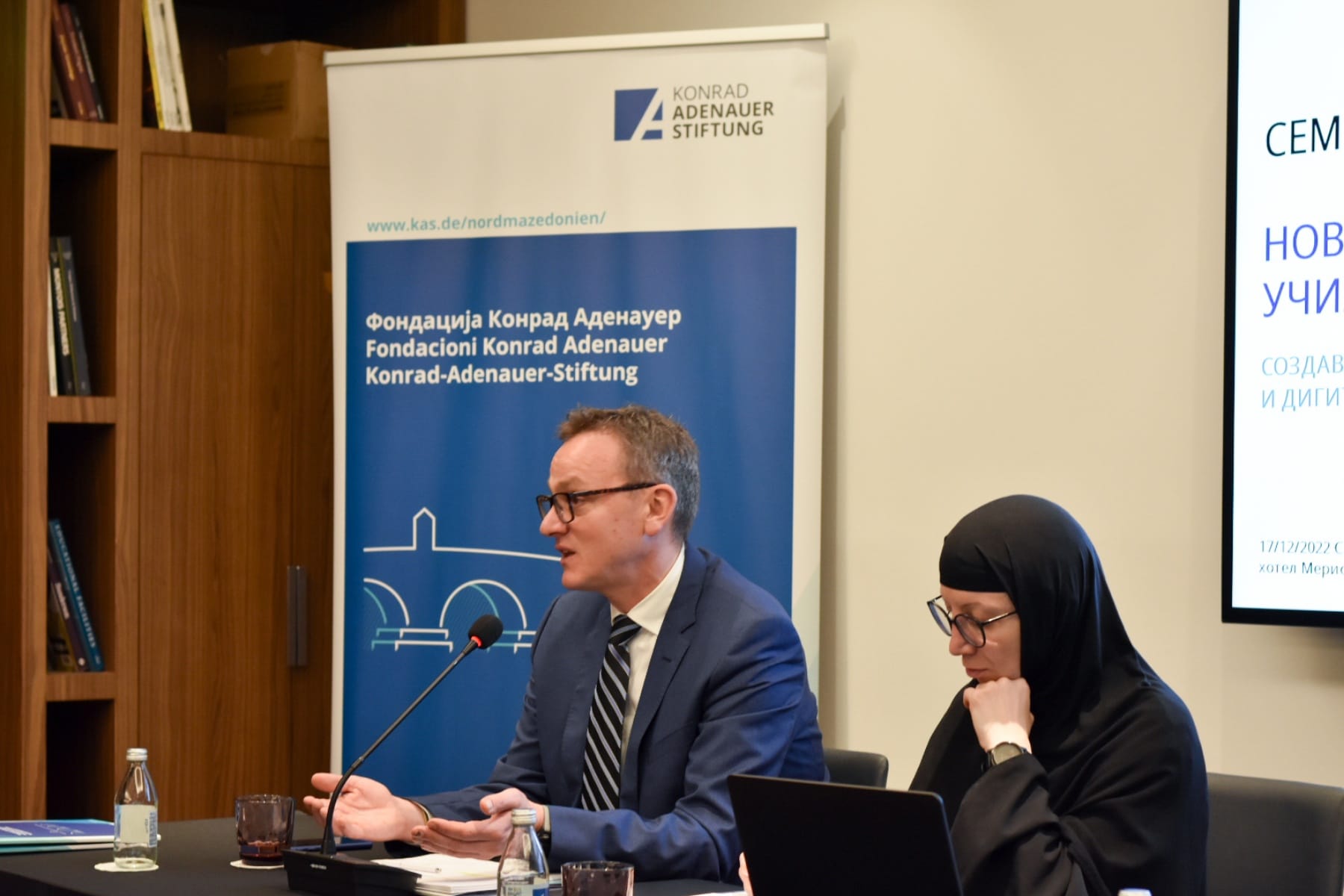
Prof. Dr. Aleksandar Spasenovski: “The study of religious education within the public educational system is one of the more important steps this country has taken, as it fulfills a general necessity, as demonstrated by surveys showing the support of both parents and students who study this subject. However, since March 2021, when the new Basic Education Concept was issued, we have noticed negative trends regarding the marginalization of Ethics in Religions in the public education system, replaced by other subjects. This shift does not align with the expectations of parents, the majority of whom want their children to study this subject. In this regard, I believe we are facing a new obstacle, as confirmed by the presence of professors of Ethics in Religions at this important event today. The silence from institutions and the state since 2021, regarding the legitimate concerns of these professors about their job security, has only heightened their fears. On the one hand, as a result of this new Concept, the status of the subject is being degraded—the words “ethics” and “religion” are not mentioned even once in the Concept, which suggests legitimate concerns that it could be abolished or reduced to a minimal status. This undermines society, as children and citizens want to study it.
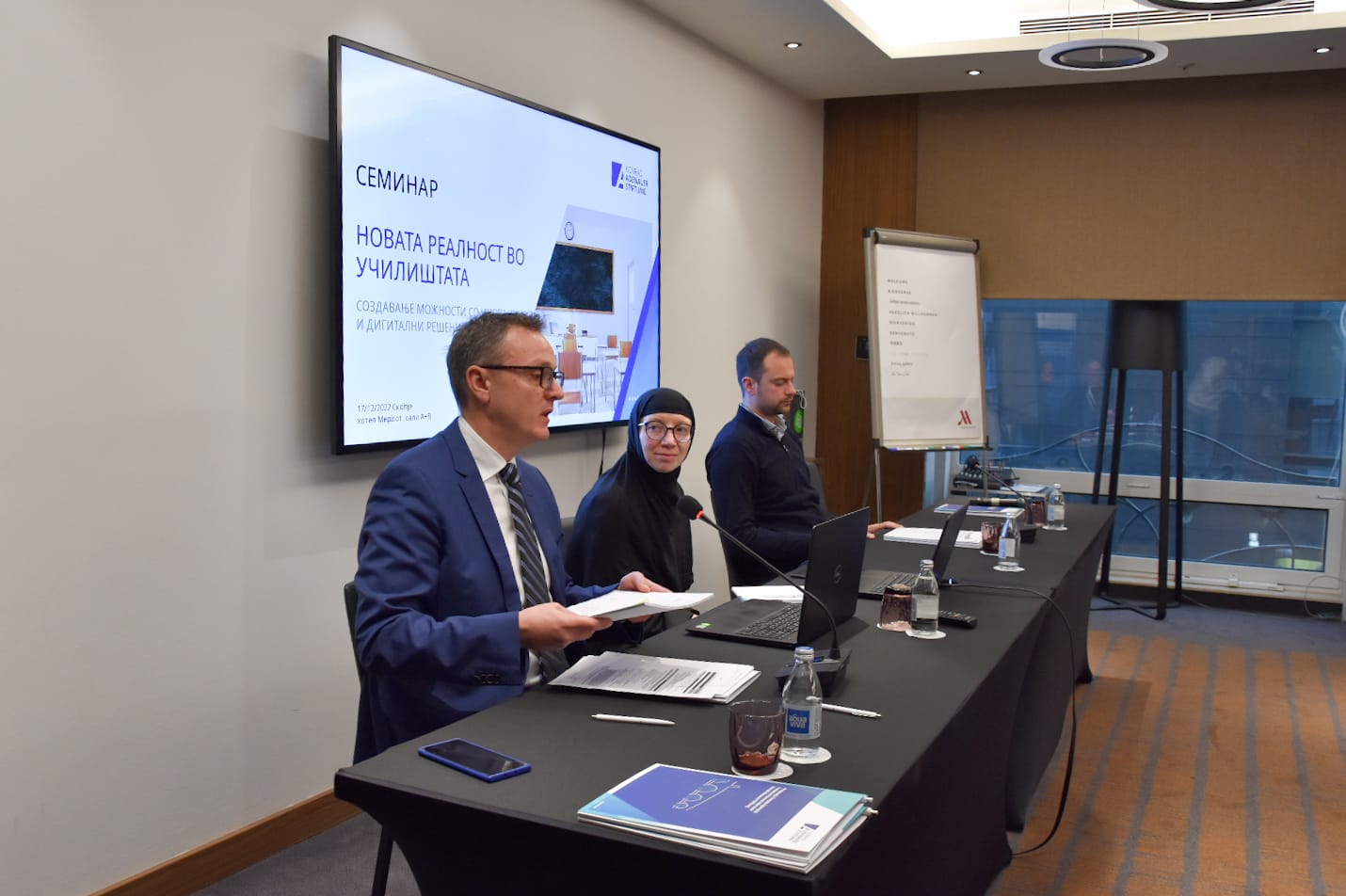
On the other hand, there is another pressing issue: at this moment, there are over 100 professors of Ethics in Religions who teach students across the country. That means more than 100 Macedonian families face uncertainty regarding their future. The reason for this is the prolonged silence from state institutions regarding the legitimate appeals of these professors. They deserve to know what the future holds for their subject, and the Government is obliged to engage in dialogue with them. Therefore, I believe the most important outcome of this Conference should be to generate new optimism. A fresh dialogue must be initiated between the Association of Professors of Ethics in Religions, representing both the Orthodox and Islamic faiths, and the Government of this country, so that a solution can be found to the problem they face. The solution is straightforward: it involves adapting the Basic Education Concept adopted in 2021, ensuring that the subject Ethics in Religions retains the status it had previously. The status established in 2009/2010 aligns with the needs of citizens, students, religious communities, and teachers of religious education. That status must be preserved, and the state should not sideline the teaching of this subject in favor of other subjects. There are two demands: first, instead of silence from the institutions, there must be dialogue with representatives of the professors of Ethics in Religions. Second, a way must be found to adapt and enhance the Basic Education Concept so that the status of the subject is not degraded, but rather maintained, and if possible, improved.”
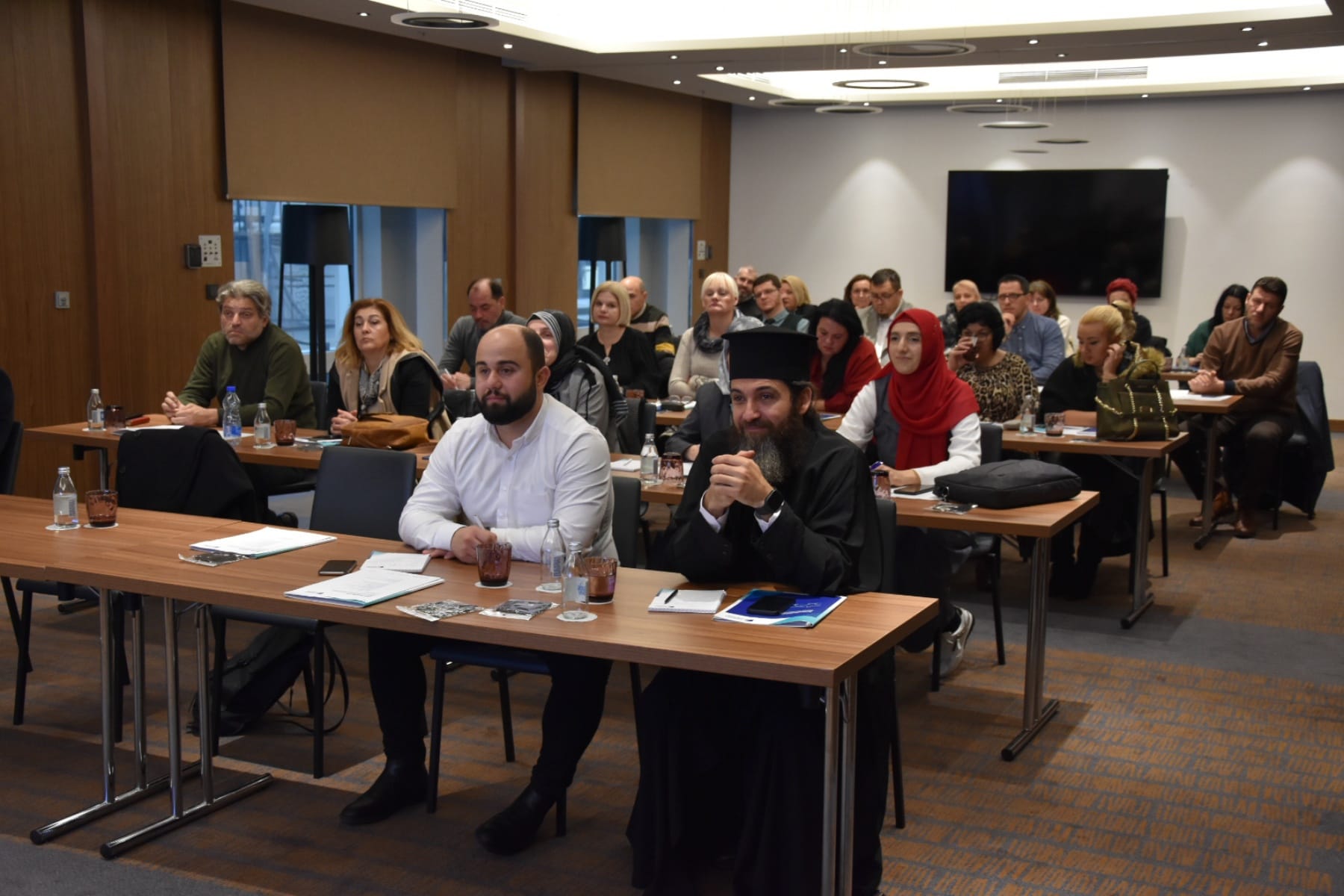
Fr. Boban Mitevski: “The aim of all our efforts, both as the Association of Professors of Ethics in Religions and as religious communities, has been to highlight the importance of teaching about religions within the educational system. It is an undeniable and indisputable fact that our society, defined as multicultural, multiconfessional, multinational, and multireligious, is largely rooted—historically, spiritually, ethically, and even in the arts—in religion. We take pride in our religious sites and treasures, regardless of their religious affiliation, yet we are reluctant to gain knowledge about them. On the other hand, moral principles, which are vital for the proper development of both the youth and the broader society, serve as a constant guide on how to act, live, and make life and society better. Therefore, we believe it is crucial for this silence from state institutions to cease and to transform into a dialogue on the need and importance of teaching the subject Ethics in Religions. This should lead to the certain inclusion of the subject in the Macedonian educational system, implemented in such a way that the teaching is conducted exclusively by trained theologians from the Orthodox Theological Faculty and the Faculty of Islamic Sciences, both of which are part of the state educational apparatus. In doing so, we would join all other European countries where religious education is guaranteed within the educational systems.”
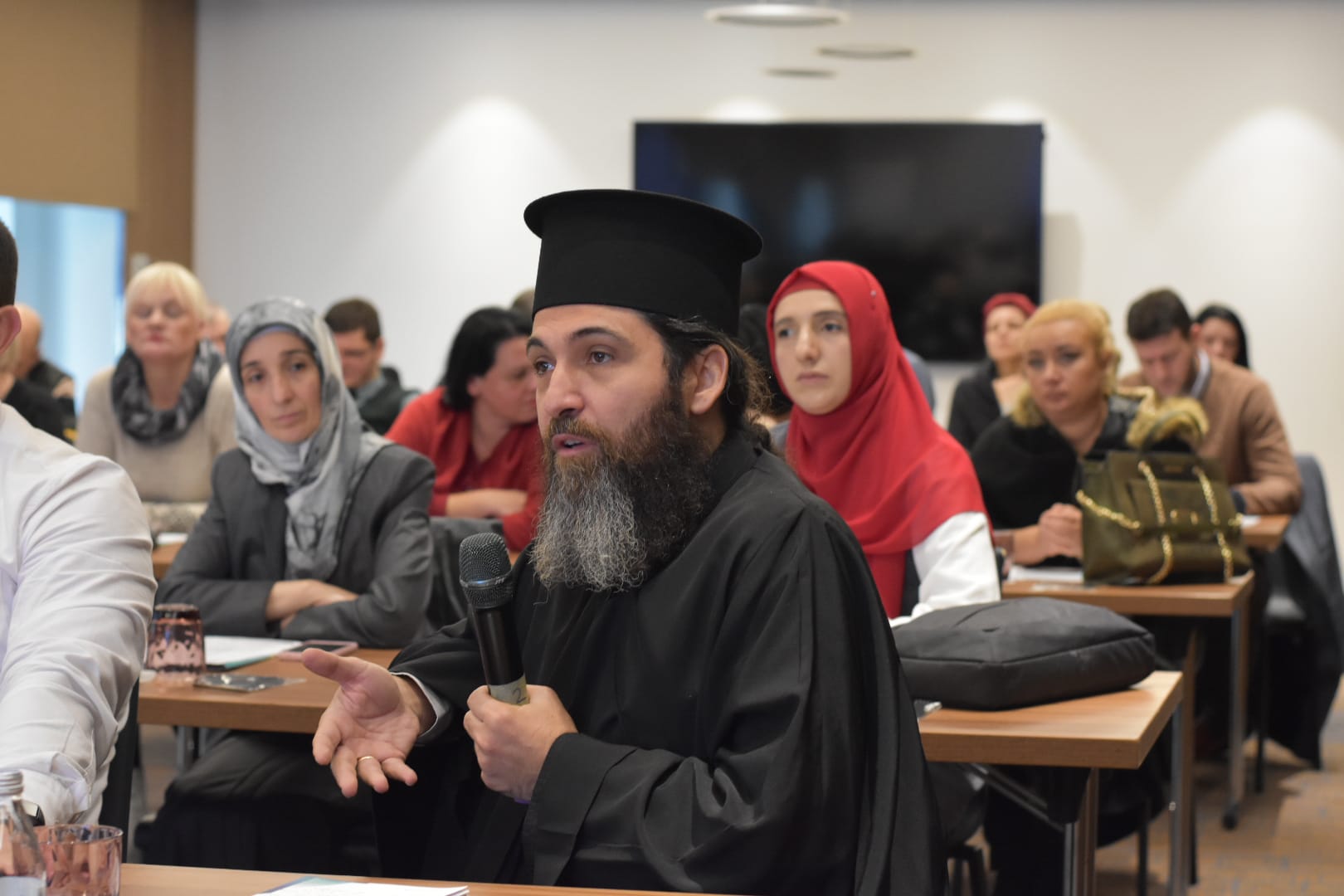
Amel Kurtishi: “All research and surveys on the subject and the study of religions have shown that children and young people are generally very interested. This is because it is part of their identity. By giving them the opportunity to explore their own religion and learn about others, we help to strengthen their identity, making it more cohesive and stable, and enabling them to face the dilemmas posed by our modern society more easily. A comparative approach to studying multiple religions would greatly contribute to this, as it would show that what unites us is far greater than what divides us. This would be especially beneficial for people and for children—who are our future—by creating the foundation for coexistence, tolerance, collaboration, and cooperation in societies like ours, which are multiconfessional and multiethnic. The principle that ‘a man is an enemy to what he does not know’ is seen even among students.

As long as they remain uninformed about others, their initial attitude may be negative or dismissive. However, the more they learn about others and the characteristics of their religion or beliefs, the more this becomes a bridge for communication and understanding. It opens the door to friendships, which are desperately needed in our society. We truly need to overcome the divide that exists among young people, to build bridges of communication and interaction. And we can achieve this by getting to know one another. If we aim for integration in our society and wish to raise the level of social cohesion, the subject Ethics in Religions, or other subjects related to the study of religions, provide an excellent foundation for overcoming the prejudices or dilemmas that many young people face. We must not allow someone else, who may mislead them, to speak to our children about religion and later cause conflicts. Instead, this role should be filled by certified theologians who are teachers of the subject. These professionals will help create an atmosphere of cohesion, mutual coexistence, cooperation, and friendship.”
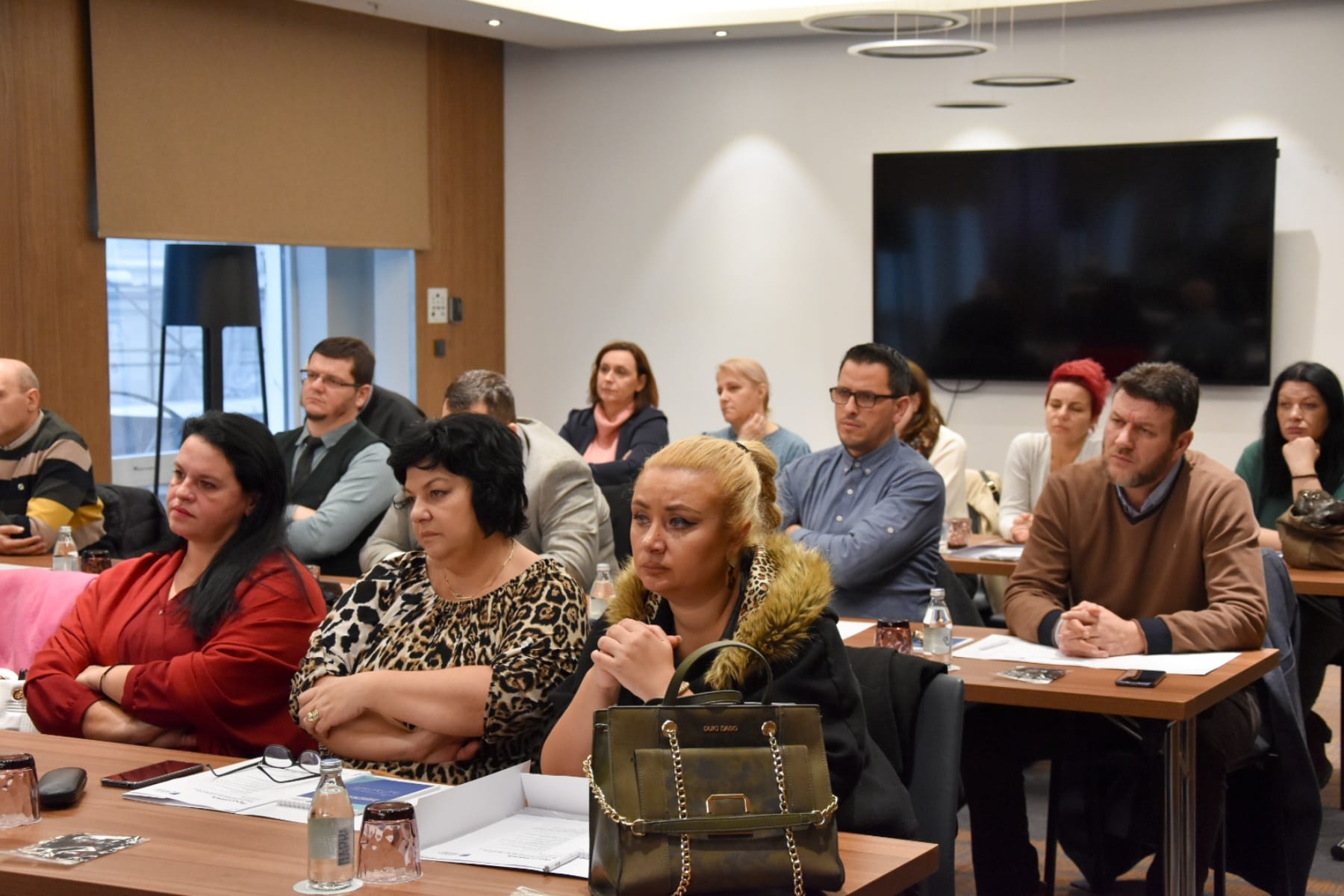
Source: MIA
